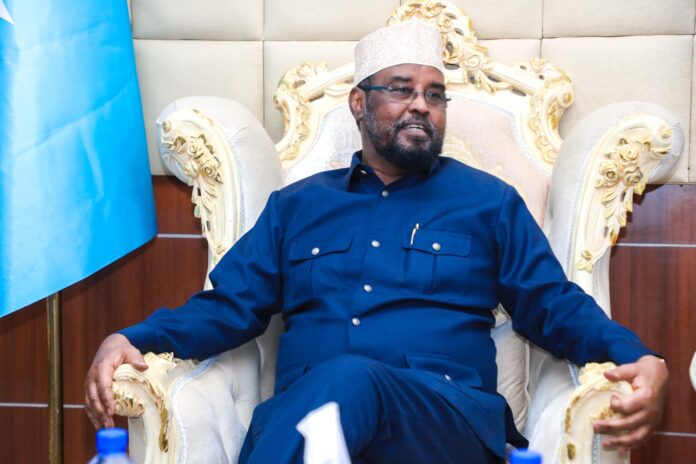MOGADISHU, Somalia — The Jubaland state in Somalia has firmly rejected a proposed term extension for both regional and federal leaders, denouncing Wednesday’s decision made at the National Consultative Forum concluded in Mogadishu.
Somalia’s federal government and three regional states have finalized a new timeline for the nation’s electoral process, pushing the previously scheduled local and parliamentary elections into 2025. This adjustment comes after contentious discussions among political leaders, signaling a delay in the country’s transition toward a one-person, one-vote electoral system.
The agreement outlines that local government elections will now occur in June 2025, with parliamentary and regional leadership elections following in September 2025. This new schedule replaces the earlier plan that had local elections set for June 2024 and parliamentary and regional leadership elections for November 2024.
Jubaland’s leadership, under President Ahmed Madobe, has reiterated its stance against any extensions. He underscoredd Jubaland’s commitment to upholding the electoral timeline, which could set a precedent or cause friction with other regions considering or agreeing to term extensions.
The decision to oppose the term extension has sparked discussions in Somalia. Some opposition leaders highlighted Jubaland’s stand as a move towards accountability and adherence to democratic principles, while others debated the implications for national unity and stability, especially in the context of Somalia’s complex political and security landscape.
This development comes at a crucial time when Somalia is navigating through various political reforms and security challenges, with the stance of Jubaland potentially influencing how other regions might approach similar decisions in the future. The rejection also poses a challenge to President Hassan Sheikh Mohamud’s leadership, who has been pushing for a unified approach to governance and electoral processes across Somalia.
The situation remains fluid, with eyes on how this defiance from Jubaland might impact the broader political dynamics, including the possibility of influencing the federal government’s strategies towards regional autonomy and electoral reform.
As Somalia continues its path toward stabilizing governance, Jubaland’s move underscores the ongoing tensions between centralization efforts by the federal government and the regional states’ desire for independence in governance decisions.






